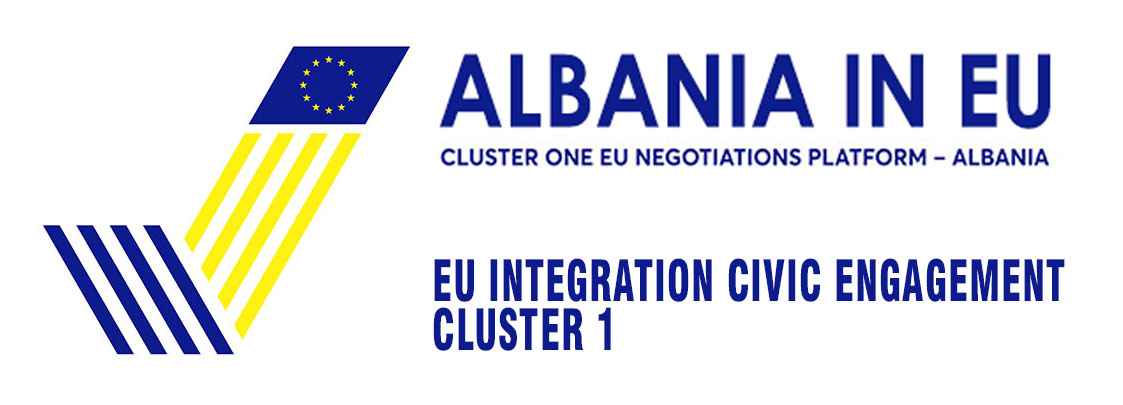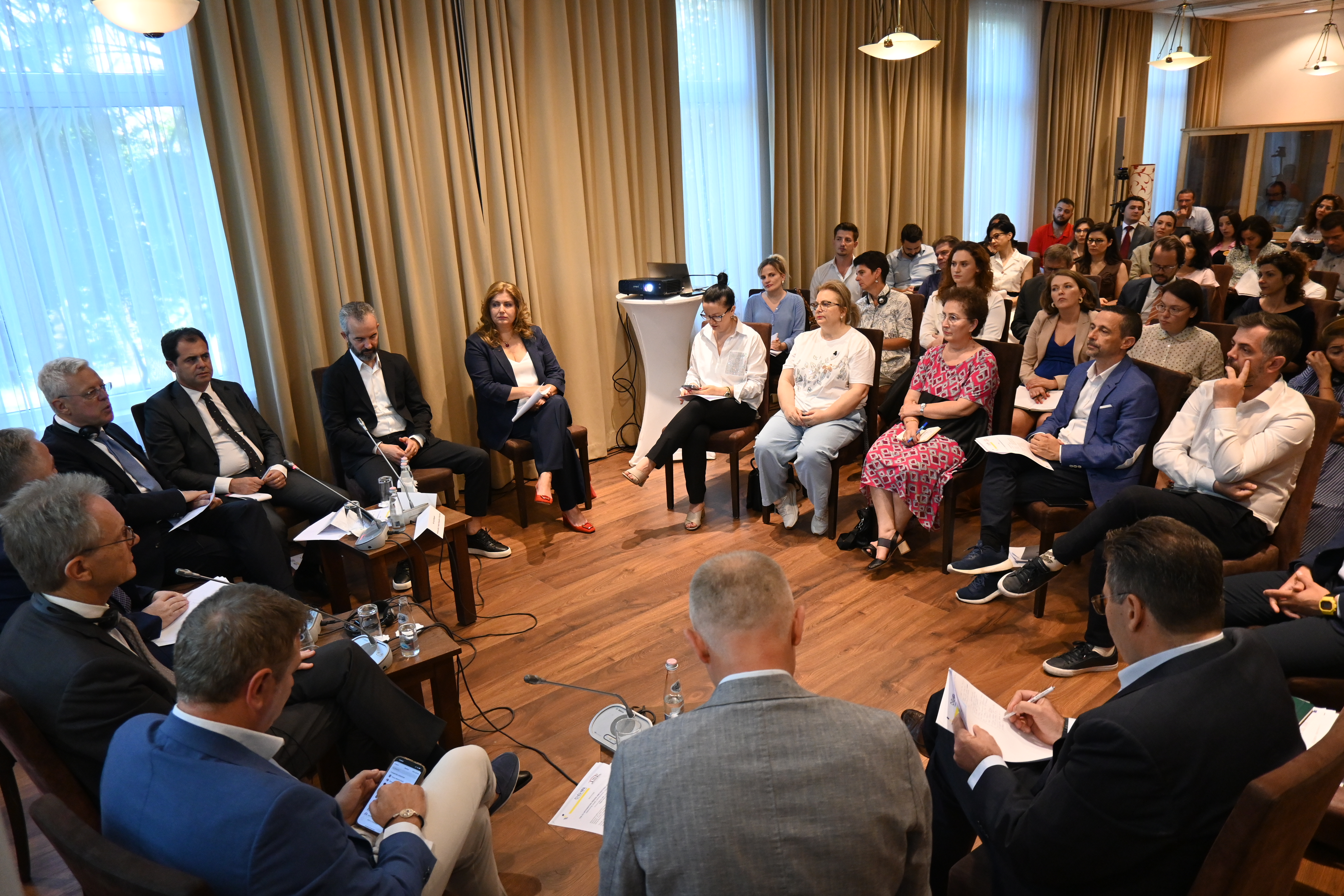In Albania, the dominant themes in public and political discourse are electoral standards and European Union (EU) accession. In a consolidated democracy, these two topics often stand in contrast—distinct in scope and nature. However, in a fragile democracy such as Albania’s, they are deeply interlinked, conditional upon one another, and fundamentally important.
Cluster One of the EU accession framework is built on the principles of the rule of law and democratic maturity, where credible electoral standards are a prerequisite for continued integration. Albania has already opened several chapters in its accession negotiations with the EU, making electoral processes and representative democracy a matter of both priority and obligation.
Key Questions Addressed:
📌 When was the last comprehensive electoral reform? It dates back to 2012, with several legal interventions since then, often in the name of “reform.”
📌 Is the current legal framework sufficient to guarantee free and democratic elections?
📌 Is lack of political will the only obstacle to holding elections with integrity?
📌 How effective, sustainable, credible, and high-quality is the current representative system?
📌 Have we adopted the right electoral and administrative systems?
📌 Why have OSCE/ODIHR recommendations not been implemented, and what are the viable pathways and mechanisms to ensure their enforcement?
📌 What role do political parties play in Albania’s electoral and political system?
📌 What are the informal influences and major concerns that require urgent attention?
📌 How transparent are political and campaign finances, and how accountable are candidates and political entities?
📌 What are the positions of major and minor parties, traditional and emerging parties, civil society, and electoral experts?
📌 Thirty-five years after the regime change, can Albania foster leadership, maturity, and mechanisms that enable functional and credible elections?
📌 What are the best practices from regional countries and EU member states?
📌 How does the agenda of the newly formed Parliament align with the need for an ambitious electoral reform agenda?
📌 What are the expectations for reflection and learning from past mistakes, for rethinking concepts, and for ensuring the democratization of political parties and fair competition among electoral alternatives?
These and other related topics were at the core of a constructive debate held today, which brought together senior representatives from parliamentary political parties (both established and new), civil society organizations, electoral experts, and representatives from key Western diplomatic missions in Tirana.
The event was part of Cluster One, an initiative of the Institute for Political Studies (ISP), supported by the Embassy of the Netherlands in Albania and the German Embassy in Tirana.
ISP Director Afrim Krasniqi presented highlights from the position paper “The EU Integration Process and Electoral Standards: Addressing Needs, Commitments, and Priorities.”
The discussion featured contributions from Ambassadors Vos and Bergner, CEC Commissioner Celibashi, politicians including Gjiknuri, Bylykbashi, Mediu, Kapri, Lapaj, Muçi, Shabani, Matija, as well as civil society experts such as Skendaj and Meta. The debate was moderated by communication expert Lutfi Dervishi.
Participants exchanged views and shared key messages on the importance of electoral integrity for the progress of EU accession negotiations, as well as on the short-term and long-term priorities of electoral reform in Albania.

